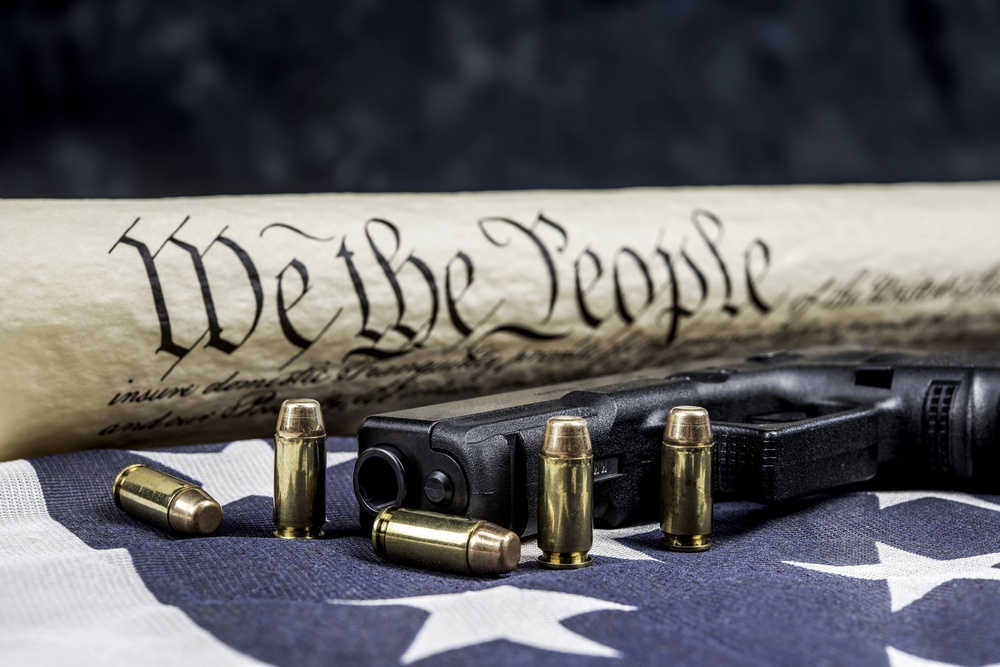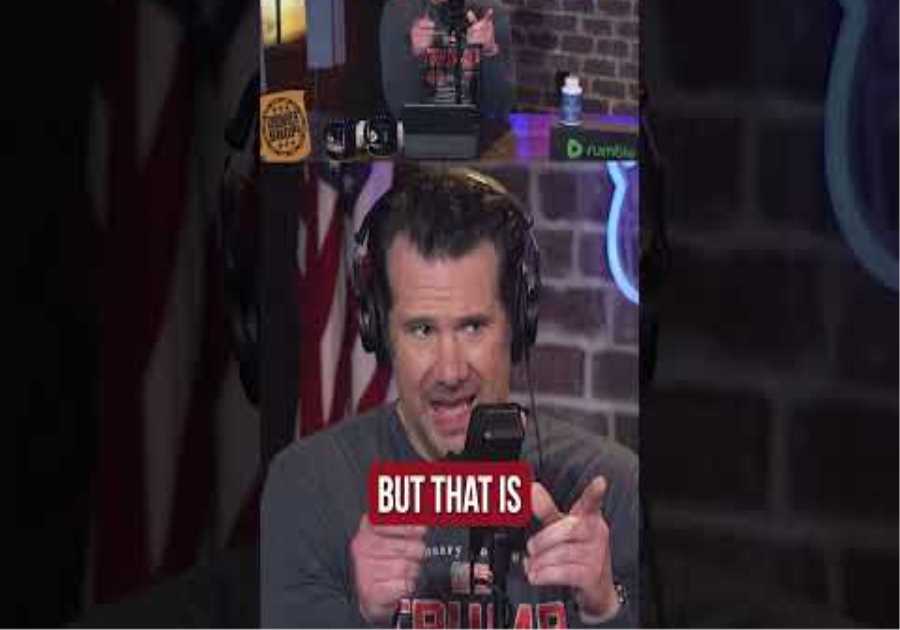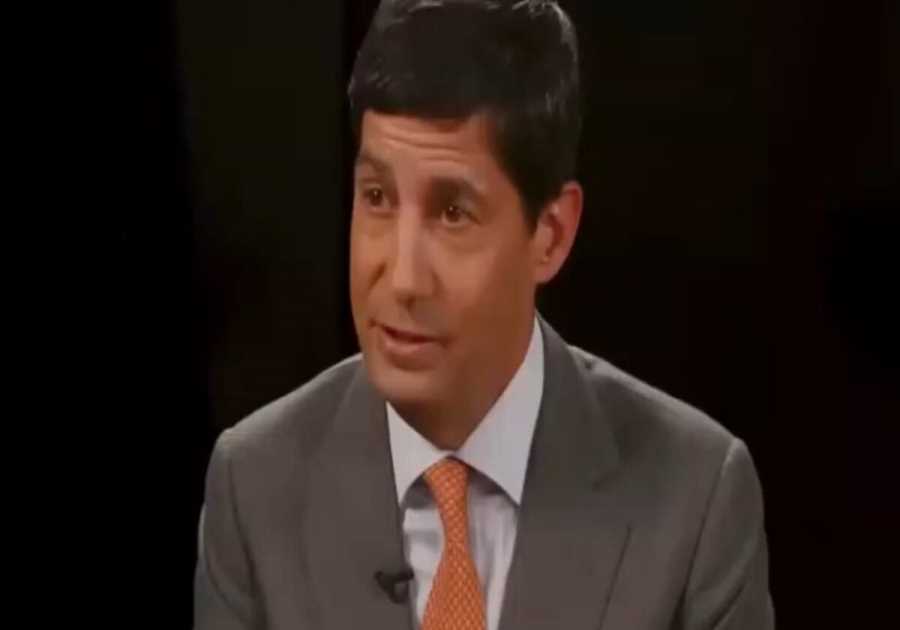
The Second Amendment says this: "A well regulated Militia, being necessary to the security of a free State, the right of the people to keep and bear Arms, shall not be infringed."
That's it. Pretty straightforward. Yet we're told it's complicated. We're told it's outdated. We're told it only applies to militia service. We're told the Founders couldn't have imagined modern weapons. All of that is wrong. And I'm going to show you why.
Listen to the Article
Let's Start With What It Actually Says
Here's the thing I notice about the Constitution. When the Framers wanted to limit something, they said so. Explicitly. They knew how to write conditionally. They did it everywhere else in the document.
So look at this language: "the right of the people to keep and bear Arms." Not "the right of the militia." The people. That same phrase shows up in the First Amendment. "The right of the people peaceably to assemble." We don't interpret that to mean only government-sponsored assemblies. We interpret it as an individual right. Why? Because that's what the text says.
The prefatory clause about a "well regulated Militia" explains why that right is important. It's context. It's not a limitation. The operative clause—the part that does the protecting—is clear. The right of the people. Shall not be infringed. That's the law.
What The Founders Actually Believed
I spent twenty-five years in the Marine Corps. One thing you learn is that intent matters. You need to understand what the person actually meant, not what you wish they'd meant.
So what did the Founders believe? Let me tell you exactly.
James Madison wrote about the importance of an armed citizenry as a safeguard against tyranny. Alexander Hamilton discussed it. Thomas Jefferson wrote about it. These weren't fringe voices. These were the architects of the republic. And they'd just fought a war against a government that tried to disarm colonists. At Lexington and Concord, British troops moved to seize firearms. That's what started it. They understood the stakes.
Here's what's important. The Founders believed self-defense was a natural right that predated government. Government didn't create it. Government acknowledges it. The Declaration of Independence says we're endowed with unalienable rights. Unalienable means they can't be given or taken away. That's foundational to American thought.
Now, imagine you're a colonist in 1776. You've just watched the British try to disarm your neighbors. You watched people resist at Lexington. Now you're helping build a new government. A revolution's just been fought over whether you have the right to defend yourself. Would you leave that out of your constitution? Of course not. You'd put it right there in the Bill of Rights.
Supreme Court Actually Settled This
In 2008, District of Columbia v. Heller, the Supreme Court confirmed what the text actually says. Justice Scalia's majority opinion walked through the language, the history, the Founding documents. The Court held that the Second Amendment protects an individual right to possess firearms for lawful purposes, including self-defense in the home.
That wasn't a conservative opinion imposing politics. That was a constitutional reading of constitutional text. Scalia examined historical sources. He looked at how the words were used at the time. He traced the logic. And he concluded the same thing the plain language says.
The Court also acknowledged something important. The right is not unlimited. Certain regulations can be constitutional. But here's the standard. The right itself—the core protection—is there. Regulations have to respect that core. You can't regulate a right into nonexistence.
When a jurisdiction essentially bans modern firearms through regulation, that violates Heller. When licensing schemes are so burdensome that ordinary citizens can't exercise the right, that violates Heller. When laws target entire categories of guns based on how they look rather than how they function, that violates Heller. This isn't debatable. It's constitutional law.
Why This Matters Right Now
Here's where it gets interesting. In some parts of the country, we're watching states and cities systematically violate what the Supreme Court has already decided.
Some jurisdictions have de facto bans on modern firearms. California has restrictions so severe that they border on confiscation. New York's licensing scheme has become a political tool. These aren't reasonable regulations within constitutional bounds. These are attempts to ban the right itself. And they're legal challenges waiting to happen.
But there's something deeper here. We're talking about whether constitutional rights actually mean anything. If the Second Amendment can be regulated down to nothing, what's it actually protecting? If the government can make a right so expensive, so complicated, so restricted that ordinary people can't exercise it, then what do we have? A right on paper that doesn't exist in practice.
I've seen this in other contexts. Military service. Government regulations. When leadership wants to make something go away without technically banning it, they regulate it to death. That's what's happening to Second Amendment rights in certain states.
The Solution Is Clear
We need something straightforward. Constitutional carry in all fifty states. That means if you can legally own a firearm, you can carry it. No licensing required. No government permission slip. Just your constitutional right, exercised.
We also need federal protection against states that try to ban entire categories of firearms. We need lower courts to take Heller seriously and strike down regulations that violate it. We need to enforce what the Constitution already says instead of pretending we're having a debate about what it says.
And here's what I want to emphasize. This isn't about hunting. It's not about sport shooting. Those are legitimate uses. But that's not what the Second Amendment protects. It protects the right of citizens to possess arms as a check against tyranny and as a means of self-defense. That's the actual purpose. That's why it's in the Constitution.
The Bottom Line
The Second Amendment is not ambiguous. It's not outdated. It's not complicated if you read it carefully, understand its history, and grasp what the Founders actually believed. They'd just fought a revolution. They weren't going to protect everything except the right to defend yourself. That doesn't make sense.
What doesn't make sense is where we are now. We have a constitutional amendment. We have a Supreme Court ruling confirming what that amendment says. And in many parts of the country, that right is being systematically restricted anyway. That's the actual problem. Not the Constitution. Not the amendment. The problem is people in power who don't want to follow either one.
Fix that. Enforce the Constitution. That's the solution.






